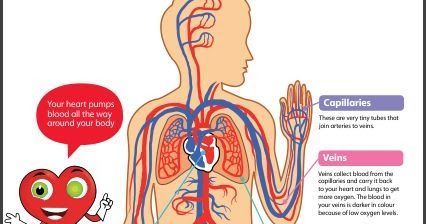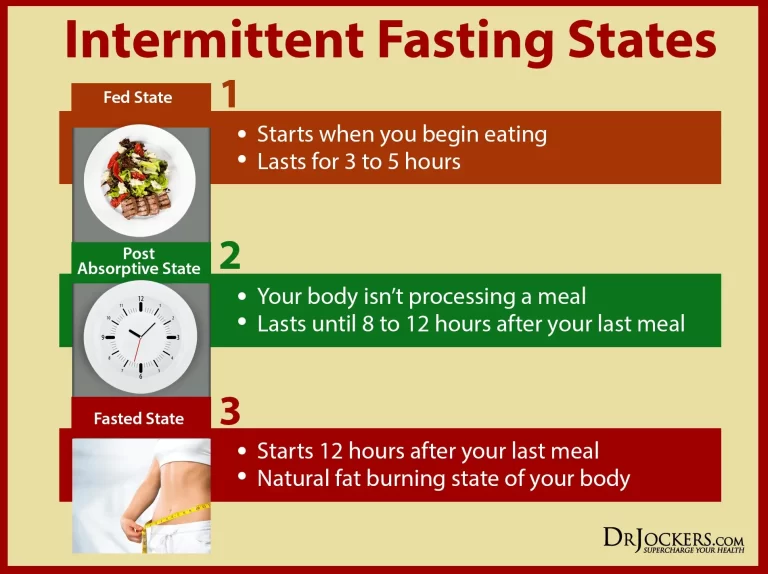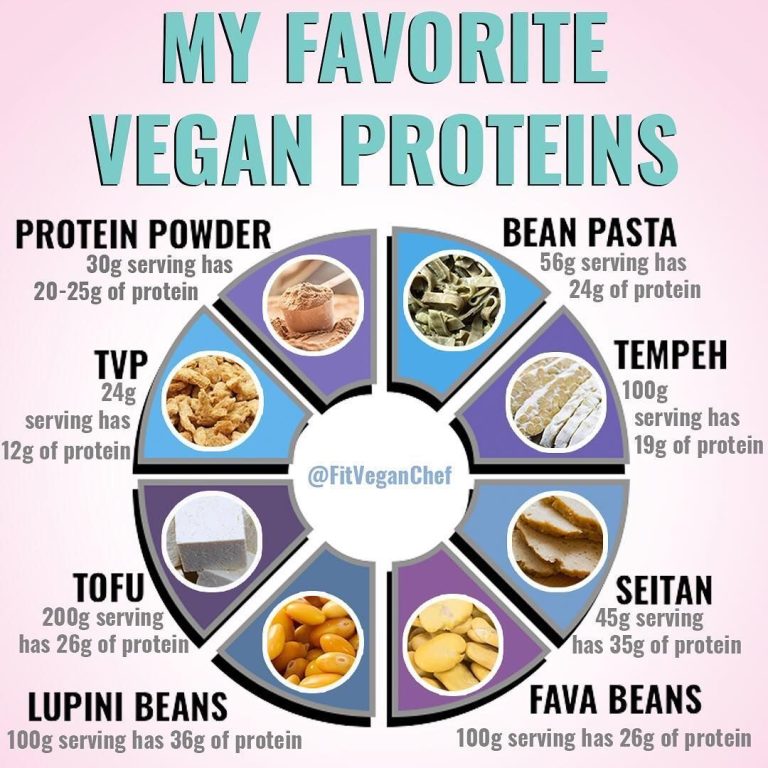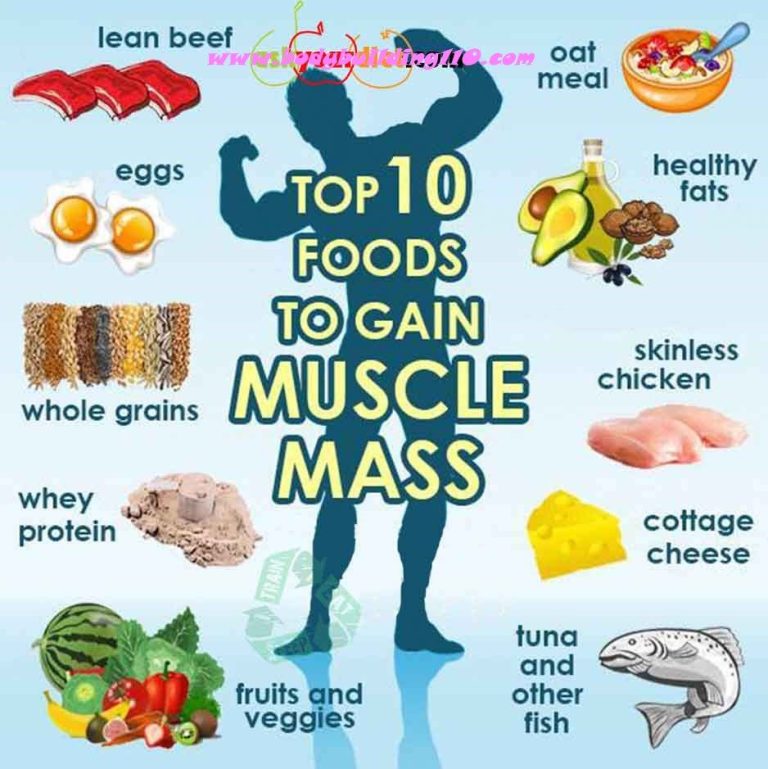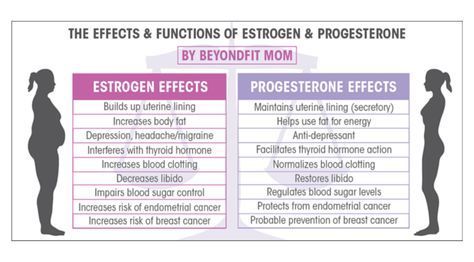Protein is a crucial macronutrient required by our bodies for various functions. It plays a fundamental role in building and repairing tissues, supporting immune function, and maintaining overall health. However, the question of how much protein we need is often a subject of confusion and debate. In this article, we will delve into the science behind protein and explore the optimal protein intake for different individuals.
Understanding Proteins:
Before diving into the recommended protein intake, it is essential to understand proteins and their importance. Proteins are made up of amino acids, commonly referred to as the building blocks of life. There are twenty amino acids in total, nine of which are essential and must be obtained through our diet.
The Role of Protein in the Body:
Protein serves numerous vital functions in the body. Firstly, it provides the building blocks for growth and repair of body tissues, including muscles, skin, and organs. Secondly, proteins act as enzymes, facilitating metabolic reactions and aiding in digestion. They also play a crucial role in hormone production and regulation, ensuring proper functioning of the endocrine system. Moreover, proteins contribute to immune function by synthesizing antibodies and defending against foreign particles.
Recommended Protein Intake:
The recommended protein intake varies depending on several factors such as age, sex, weight, activity level, and overall health. Generally, it is recommended that adults consume 0.8 grams of protein per kilogram of body weight per day. However, this value may increase for individuals engaged in intense physical activity or with specific health conditions.
Factors Influencing Protein Needs:
Several factors influence an individual’s protein needs:
Body Weight and Composition: Individuals with higher body weight or those engaged in strength training may require more protein to support muscle growth and maintenance.
Activity Level: Athletes or individuals involved in regular intense exercise have higher protein requirements to support muscle recovery and adaptation.
Age: The protein needs may vary with age. Growing children and adolescents have higher requirements, while older adults may have increased needs to prevent muscle loss associated with aging.
Health Conditions: Certain health conditions like injuries, burns, or chronic illnesses may increase protein requirements for tissue repair and healing.
Determining Your Protein Needs:
To determine your specific protein needs, it is best to consult a registered dietitian or healthcare professional who can consider your unique factors and provide personalized recommendations. They may consider your age, sex, weight, activity level, and any specific health conditions before suggesting an appropriate protein intake.
Sources of Protein:
Protein can be obtained from both animal and plant-based sources. Animal sources include meat, poultry, fish, eggs, and dairy products, which provide complete proteins containing all the essential amino acids. Plant-based sources such as legumes, lentils, beans, tofu, nuts, and seeds also offer protein, although individual plant sources may lack certain essential amino acids. Combining different plant-based protein sources can help ensure a complete protein profile.
The Importance of Protein Timing:
While meeting the daily protein requirements is crucial, the distribution of protein intake throughout the day also plays a role. Spreading protein intake equally across meals and snacks helps maximize muscle protein synthesis and provides a steady supply of amino acids for various bodily functions. Aim to include protein-rich foods in each meal to optimize protein utilization and reap its benefits.
Conclusion:
Protein is an essential nutrient that plays a significant role in our body’s functioning and overall health. Determining the appropriate protein intake varies depending on factors like age, weight, activity level, and health conditions. Consulting with a healthcare professional or dietitian can provide personalized recommendations. Remember to include a variety of protein sources in your diet for optimal nutrition and experiment with timing to maximize the benefits of protein.
